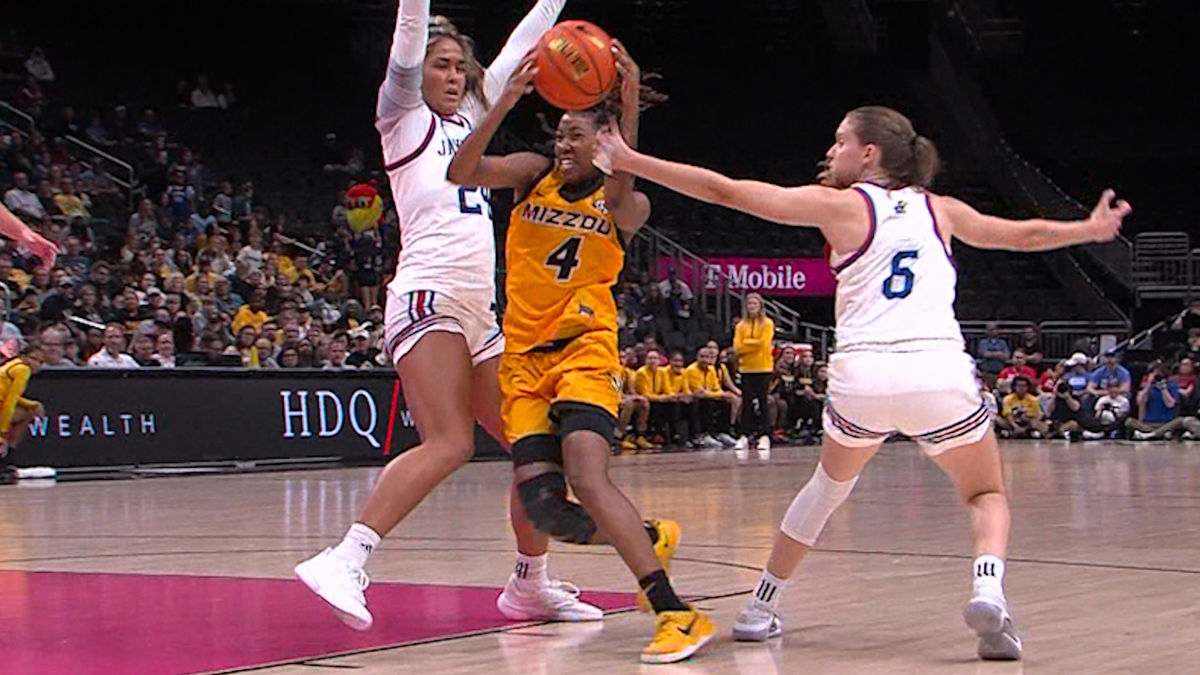Missouri prepares for sports betting as abuse toward athletes rises

Mitchell Kaminski
COLUMBIA, Mo. (KMIZ)
When former Cardinals manager Mike Schildt announced his abrupt retirement at the end of the 2025 MLB season, it came as a bit of a shock.
The 57-year-old had just guided the San Diego Padres to a 90-72 record and was coming off his third consecutive 90-plus win season. While several factors contributed to his retirement, one of the reasons he cited was death threats from sports bettors.
Schildt is one of countless coaches and players who have been subjected to abusive messages online due to lost bets and busted parlays, as legal sports betting continues to spread across the United States. The abuse isn’t limited to professional athletes and coaches; it has also spread to the college ranks.
On Dec. 1, sports betting will be up and running in Missouri, and while it is expected to bring in millions of dollars in tax revenue to the state, the University of Missouri is closely monitoring how it will impact student-athletes.
The NCAA reported that 1-in-3 high-profile athletes receive abusive messages from sports bettors.
Pam Brunzina, MU’s faculty athletics representative to the NCAA and SEC, said concerns intensified once the NCAA allowed student-athletes to bet on professional sports. According to Brunzina, the NCAA remains highly focused on game integrity, but the dangers extend far beyond point-shaving.
Even though placing prop bets on Missouri collegiate teams is not allowed under state law, Brunzina says there have already been isolated incidents of Mizzou athletes being harassed due to sports wagering.
“The NCAA actually did a study on that the past couple of years, looking at harassment of student athletes, particularly around the basketball tournaments, and it can be pretty ugly,” Brunzina said. “I think it’s important for all of us to remember that when we are watching the student athletes compete, that they are young people out there doing their best. Even if we have a bet that’s dependent on their performance, we need to remember that they are trying their hardest and to have some perspective.”
The NCAA rolled out a video campaign during the men’s and women’s basketball tournaments in March, urging fans to curb harassment and calling on states to ban prop bets tied to student-athletes.
The NCAA also partnered with Venmo over the summer to curb abusive or unwanted interactions on the platform after some bettors sent student-athletes harassing payment requests tied to lost wagers.
The 2025 study marked the second year the NCAA commissioned a study on online harassment targeting college athletes, coaches and officials. The review, conducted by Signify Group, examined seven championship events and tracked social media activity connected to 5,555 athletes, 625 coaches, 466 teams and 26 official NCAA accounts during the 2024-25 academic year.
Signify found that 31 individuals were responsible for the most severe cases of abuse, with eight of them tied to sports betting, according to the NCAA. The study also determined that seven messages rose to the level of being forwarded to law enforcement.
Brunzina added that because athletes are receiving Name, Image, and Likeness (NIL) money, many view them as fair game to be targeted online.
“I do think that for some people there is maybe just a shift in mentality of viewing them, the student athletes, more as professional athletes and maybe having a little bit different attitude or expectation of them and forgetting that they are college students, performing at a really high level,” Brunzina said. “But they aren’t really professionals.”